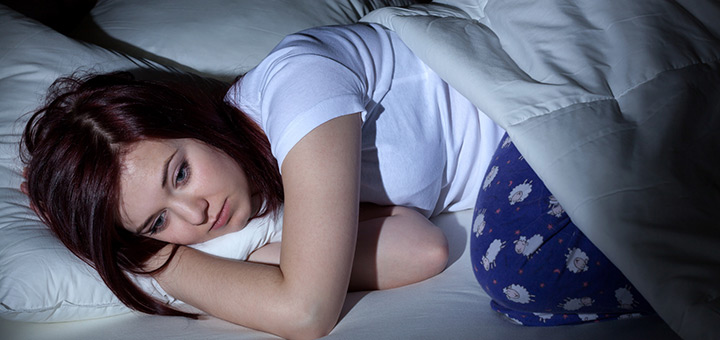Bed wetting is very common in children and teenagers – but its is often not discussed as parents consider it a source of embarrassment in older children.
Children who wet the bed regularly often have lower self esteem than peers and I’ve heard very sad tales from teenagers who have never stayed at a friend’s house or gone on an overnight school trip for fear that they will wet the bed. Bedwetting, or nocturnal enuresis, has various underlying causes including stress, physical problems such as an unstable bladder which empties before it is full, a failure to wake up when the bladder fills up or hormonal problems.
Because there are different causes of bedwetting, there is no single treatment that is effective for all children. There are various gadgets that one can buy including buzzers that alert the child when they begin to pass water in their sleep so they get used to waking up when their bladder feels full. Parents can establish routines involving going to the toilet before going to bed or take simple steps such as installing a night light in case the child is afraid to get up to go to the bathroom in the dark. It’s important never to punish a child for wetting the bed or to make them feel guilty as this can distress the child and make them more likely to wet the bed.
There are also a couple of drugs on the market that aims to help prevent bed wetting but I’m very reluctant to load children up with drugs (and their side effects) when there are effective drug free treatments. Getting information is the first stage in tackling bed wetting and your GP or school nurse will be able to advise on possible causes and treatments. ERIC (Education and Resources for Improving Childhood Continence) has an informative website and helpline. Their leaflet on complementary therapies states that a chiropractic adjustment performed by a chiropractically trained specialist can help to relieve the symptoms of bedwetting. This confirms my experience with some of our young centre members who have found that their bed wetting stopped completely or decreased in frequency.
The Chiropractic approach to managing a client with nocturnal enuresis is, having ruled out other possible causes, is to gently adjust the area of the spine that houses the nerves that control the bladder.
For young people, a chiropractically trained practitioner would also focus on the sacrum (the tailbone). When you are born, your sacrum consists of five separate segments which gradually fuse into a single segment by your mid twenties. As young children repeatedly fall when learning to walk, the highly mobile separate segments of the sacrum are prone to trauma. It is possible that misalignment of these segments can cause nerve irritation. Where these nerves are responsible for sending messages to the bladder, this may lead to the inappropriate bladder function associated with bed wetting.
A Chiropractic adjustment is a natural, drug free treatment and is effective for the whole family including babies and children.
For more information:
ERIC (Education and Resources for Improving Childhood Continence)
Helpline: 0845 370 8008 www.eric.org.uk
Also look up the International Chiropractic Paediatric Association for more research and where to find your local Chiropractic paeidiatrically qualified practitioner.
Research on chiropractic and Bed Wetting
There are several studies which support linking chiropractic treatment with improvements in bed wetting.
- In one study published in the Journal of Manipulative and Physiological Therapeutics, 171 children suffering from bedwetting an average of seven nights a week were monitored. After the children were given some initial chiropractic care the average child reduced the number of wet nights to four nights per week. A full 25 per cent of the children receiving chiropractic showed a 50 per cent reduction in wet nights. In addition, only 1 per cent of the children were considered dry prior to the study and prior to receiving chiropractic care. After the study 15 per cent of the children were then considered dry.
- In another study, 46 primary enuretic children were studied. Of this group 31 were placed under chiropractic care while 15 were in the control group and did not receive any chiropractic care. The results of this study showed a 17.9 per cent decrease in wet nights for the chiropractic group. Over the same period of time no change was noted for the control group who did not receive any chiropractic care.

